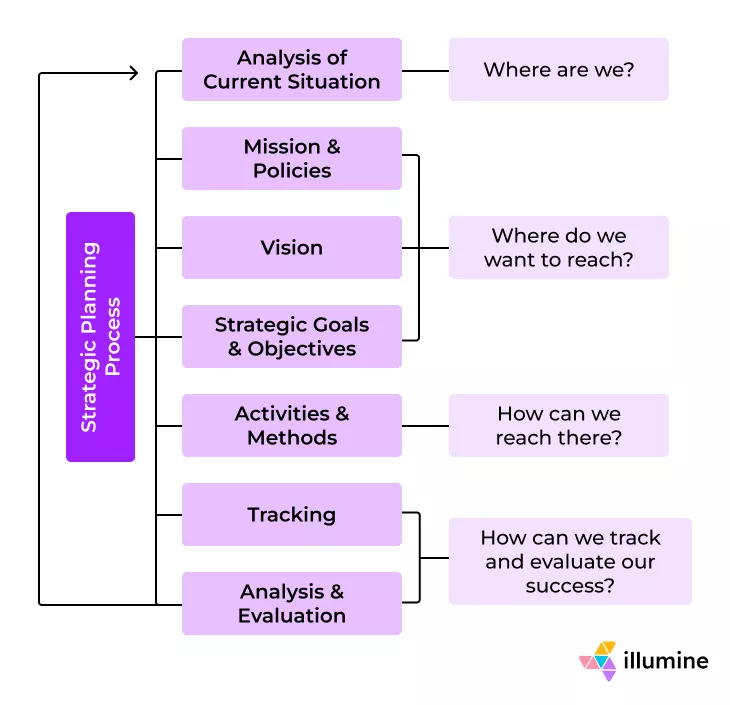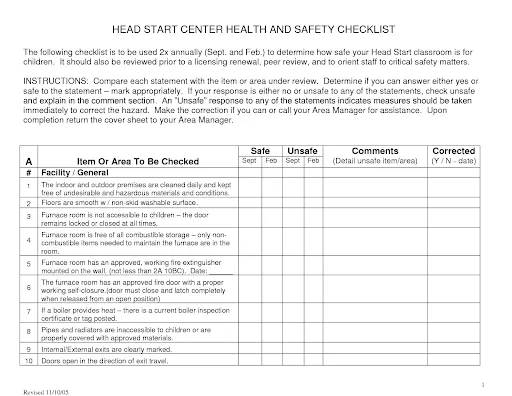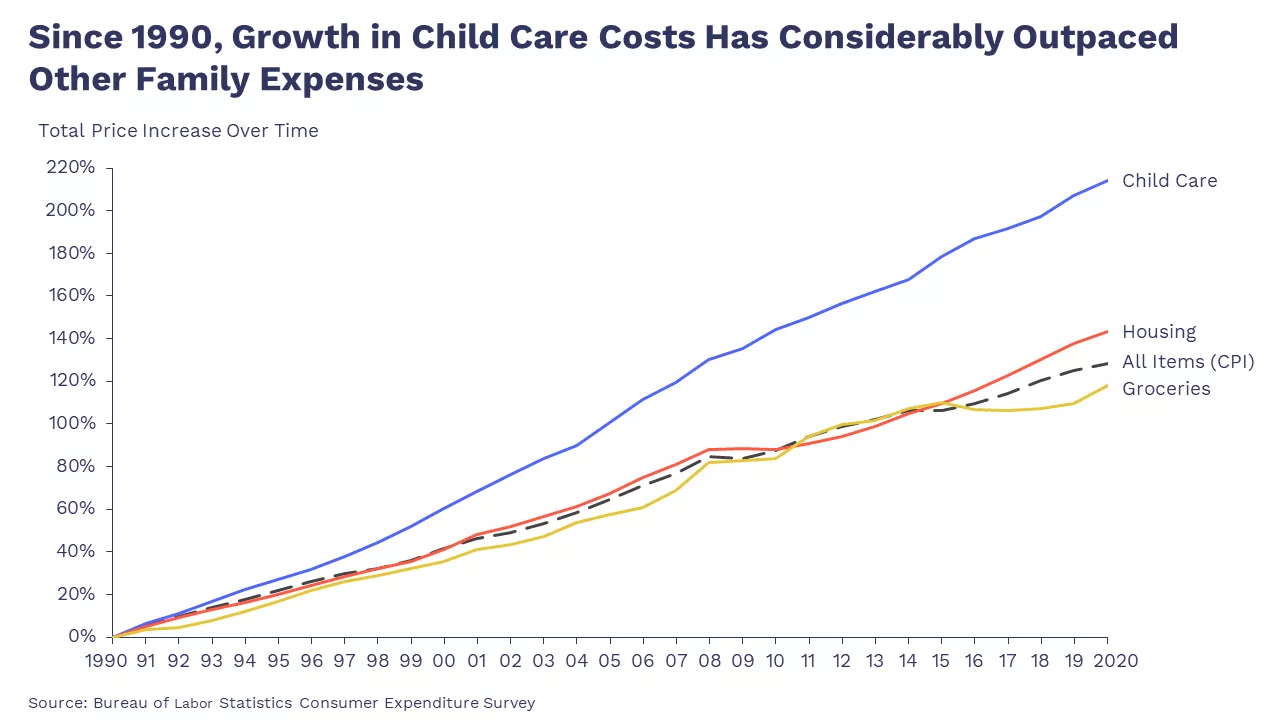Starting a daycare franchise can feel like a practical way to enter early childhood education without facing all the uncertainty of launching a school from scratch. When you join a well-known brand, you gain systems, reputation, and trust. Many franchisors also offer training, marketing, and operational support, so much of the early trial and error is already done for you.
Still, franchising is not simple. Without the right guidance, this endeavor can also be challenging and complex.
To help you smoothly sail through the complexity, let’s look at how daycare and preschool franchise opportunities work, what they offer, and what to think about before you decide if this path fits your goals.
What Is a Daycare Franchise?
A daycare franchise is part of a larger network of schools that operate under one established brand and business model. When you buy into a franchise, you gain the right to use the franchisor’s name, curriculum, and systems. In essence, you adopt a business model that has already proven its success in other locations.
The franchisor owns the brand, trademarks, and operating framework. The franchisee invests in that model and manages the local center while following the brand’s standards in exchange for fees and royalties.
A useful comparison is the restaurant industry. McDonald’s, for example, runs on a single playbook worldwide. Each location has its own staff and customers, but the menu, service, and design remain consistent.
Child care franchise opportunities function in much the same way. Families know what to expect, whether they enroll in one city or another.
What to Expect When Buying Into a Daycare Franchise
Many first-time owners choose a daycare or preschool franchise because it replaces uncertainty with guidance. Instead of building systems from the ground up, you can focus on giving children and families the best possible care.
A typical early childhood education franchise provides:
- Instant brand recognition that helps attract families from the start.
- A trusted reputation that builds confidence among parents and the community.
- Marketing and enrollment support through ready-made materials and regional campaigns.
- Operational systems that simplify management, scheduling, safety, and communication.
- Training and development programs for owners, directors, and staff to ensure quality and consistency.
In the next section, let’s take a closer look at each of these advantages and how they can shape your success as a franchise owner.
Benefits of a Daycare Franchise
1. Instant brand recognition
A known name helps you attract families quickly. Parents are more likely to trust a center they already recognize.
2. Higher level of trust
A strong reputation brings credibility. This can make enrollment easier, especially in the first year.
3. Marketing and enrollment support
Many franchisors provide ready-made materials and handle national or local campaigns. This saves time and keeps your communication consistent.
4. Operational guidance
You receive proven systems for daily management, safety, scheduling, and communication. Because your success helps the franchisor succeed, most offer ongoing support to help you grow.
5. Training and development
Good franchisors invest in their people. Many offer training for owners, directors, and teachers. If you are learning how to open an early childhood education franchise, this kind of support can make a big difference.
Drawbacks to Consider
Even though daycare franchises come with many advantages, there are also a few challenges to keep in mind. Understanding these early can help you make a realistic and well-informed decision.
1. High cost and modest return
Buying a preschool franchise is expensive. Franchise fees can start at $75,000 to $100,000, and total startup costs may exceed $1 million. Ongoing royalties are often 6 to 8% of gross revenue, plus marketing fees.
Knowing how much a daycare franchise costs is essential before you invest as these payments can limit what you reinvest in teachers, classrooms, or scholarship funds.
2. Limited autonomy
Franchise owners must follow the franchisor’s systems closely. Curriculum, classroom layout, and even marketing are often standardized. This may suit those who like structure, but it can feel restrictive to educators who want creative freedom.
3. Variable quality and reputation risks
In large networks, quality can differ from one location to another. A poorly managed center in another city can still affect how parents see your school.
14 Steps to Start a Daycare Franchise
Now that you know the benefits and drawbacks of daycare franchising, let’s look at what it takes to get started.
1. Arrange Franchise Fees and Startup Costs
According to the Children’s Franchise Industry Report (2021), the initial investment for a children’s services franchise can range from $10,000 to $5.6 million.
Your expenses will include:
- Employee salaries
- Daycare equipment
- Educational, housekeeping, and office supplies
- Marketing materials
You will also need to budget for accounting, legal work, and rent.
Choose a franchisor with steady growth and a strong reputation. Most franchise agreements last 10 to 20 years, so review terms carefully before signing.
2. Draft a Business Plan

Start with a clear overview of your daycare’s goals and philosophy.
Since your success is tied to the franchisor’s brand, study how that brand is viewed in the market. Look for positive reviews, transparent communication, and solid support systems.
A thoughtful business plan outlines your financial goals, staffing needs, and long-term sustainability.
3. Conduct Competitive Research
Before investing, explore how other childcare franchises operate.
Take time to:
- Compare different daycare curriculums.
- Understand potential costs and returns.
- Identify what makes each brand unique.
- Learn what kind of support, technology, and training each franchisor offers.
This research helps you choose a franchise that matches your educational values and business goals.
4. Employ Qualified Teachers
Your staff defines your center’s quality. Most preschool and kindergarten teachers hold degrees in Education or Human Sciences. Hire experienced, caring professionals and provide ongoing training. Many franchisors organize regular workshops to keep teachers aligned with brand standards.
5. Secure Licensing and Accreditation
Every US childcare provider must pay a one-time application fee and annual renewal fees to stay licensed.These costs vary by state and depend on the number of children served.
There are usually two categories of fees:
- One-time fees that cover pre-opening training and certification.
- Annual fees that allow continued operation under state regulations.
Always confirm local rules to ensure your center stays compliant.
6. Choose the Right Location
Location can determine success. Check zoning laws to confirm that childcare is allowed on the property. Avoid sites close to liquor stores or other restricted areas.
Look for:
- Easy accessibility and visibility from main roads.
- Adequate parking space.
- Sufficient square footage per child, especially for younger age groups.
Remember, class sizes for infants and toddlers are usually smaller, so plan space accordingly.
7. Develop a Quality Control Plan

Every franchise must follow health and safety standards. Use a simple checklist like the one above that covers sanitation, staff ratios, food handling, and emergency protocols. This plan supports consistency and ensures every classroom meets the same level of care.
8. Arrange Funding
If you need startup capital, consider several funding options:
- Business loans from banks or credit unions.
- Government programs that offer grants or low-interest loans through state economic development offices.
Compare terms carefully to find the most affordable and flexible option for your region.
9. Source Supplies Wisely
Save money by shopping smart. Look for discounts and gently used items from reliable sources like:
- Facebook groups
- Craigslist
- IKEA
- Amazon
- Target
Buying in bulk or secondhand can help you equip classrooms without overspending.
10. Set Up Accounting Systems
Manual accounting can quickly become overwhelming. Digital tools like illumine’s daycare accounting software make billing plan-creation, collecting payments, and financial reporting easier.
11. Manage Enrollments Efficiently
Managing inquiries and enrollments is one of the most important parts of running a preschool. Tools like illumine’s inquiry management software can help you capture leads through enrollment forms, track each inquiry from start to finish, and send follow-up emails to keep families engaged.
12. Encourage Parent Referrals
Referral programs build trust and grow enrollment. Offer parents small but meaningful rewards, such as tuition discounts or free access to special events. When parents feel appreciated, they become your strongest advocates.
13. Set Tuition Rates

These figures are based mostly on reported child care tuition rates, which indicate the cost of child care for families in the US. The cost of tuition varies depending on a child’s attendance schedule and the location of the preschool. To fit the requirements of parents, most daycare franchise owners offer both full-time and part-time enrollment choices.
14. Create a Market Presence
Relying on word-of-mouth alone is not enough. Use a mix of social media, paid advertising, and local community outreach to promote your center. Simple, consistent marketing builds awareness and keeps your classrooms full.
An Alternative to Franchising
If you want the stability of a franchise but prefer to keep full ownership of your school’s vision, there are other ways to build a strong foundation:
- Work with experienced consultants
Partner with Montessori or early childhood experts who can guide you in designing your program, setting up systems, and planning your launch. - Join trusted professional organizations
Connect with groups like The Montessori Foundation or The National Association for the Education of Young Children (NAEYC). Membership provides access to accreditation standards, templates, and mentorship opportunities. - Explore specialized accrediting agencies
Consider programs that align with your philosophy, such as Montessori, Waldorf, or Reggio Emilia accreditation. - Visit established schools
Observe how they operate, talk to directors, and learn from their real-world experiences. - Build a balanced leadership team
Combine educational and business expertise to ensure your school runs smoothly and sustainably.
The insights you gain through these steps stay with you for life, allowing your school to grow on your own terms while staying true to your values and educational vision.
Final Thoughts
A daycare franchise can be a smart entry point into early childhood education. It provides structure, brand recognition, and a tested path for growth. For many first-time owners, it removes uncertainty and helps them start strong.
Yet franchising also has limits. It can restrict your creativity, lower your flexibility, and shift the focus from learning to profit. Before you invest, weigh what matters most to you: the assurance of an existing system or the freedom to build your own.
Whether you choose to franchise or stay independent, the real measure of success lies in creating a place where children, teachers, and families grow together.











.webp)